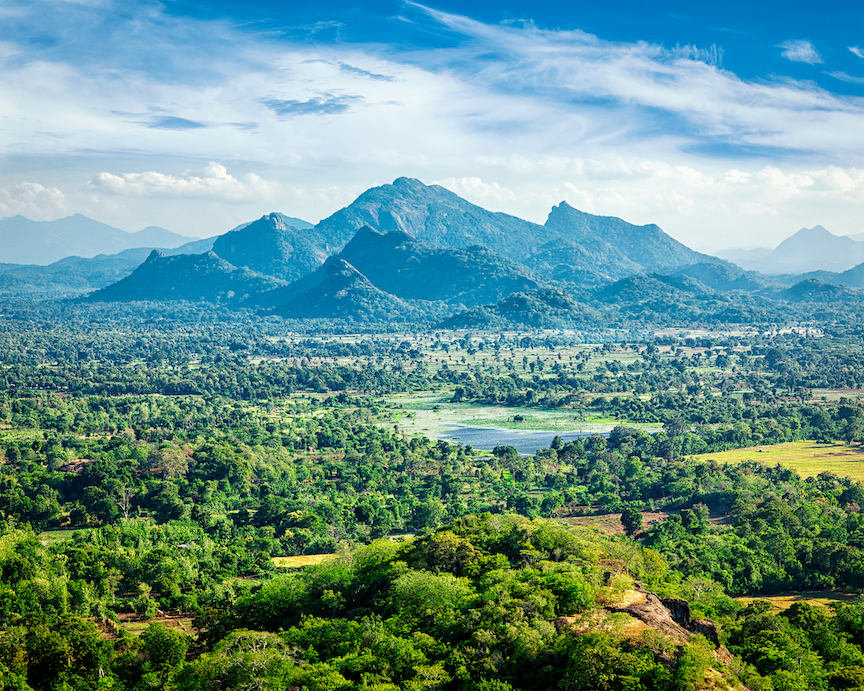1987 Tamil Attack Bus

Sri Lanka
On June 1, 1987,Tamil Guerillas stopped a bus and killed 33 passengers including 29 Buddist Monks. The attack took place near Arantala where 28 Sinahalese were killed in February. With the agreement of the Sri Lankan government, India sent peacekeeping forces to Northern Sri Lanka in July. That force grew to 40,000 men. By the time India withdrew its forces at the end of 1989, one thousand had been killed and three thousand wounded.
The struggles of the Tamils in Sri Lanka primarily stem from their longstanding conflict with the Sinhalese majority. The Sinhalese are primarily Buddhist, while the Tamils are predominantly Hindu, leading to cultural and religious differences that have fueled tension.
Following the independence of Sri Lanka from British rule in 1948, the Sinhalese majority began implementing policies that marginalized the Tamil minority. These policies included the Sinhala Only Act of 1956, which made Sinhala the only official language and disadvantaged the Tamil-speaking population. Additionally, policies were implemented that appeared to favor Sinhalese applicants for university places and government jobs, leading to economic disparities.
The Tamil resistance started to grow more militant in the 1970s. Numerous groups sprang up, with the most significant being the Liberation Tigers of Tamil Eelam (LTTE), also known as the Tamil Tigers. The LTTE sought to create an independent Tamil state in the northern and eastern parts of the island, which they called Eelam.On June 1, 1987,Tamil Guerillas stopped a bus and killed 33 passengers including 29 Buddist Monks
This and other acts of violence prompted the Indian government to intervene, as India has a large Tamil population itself, particularly in the southern state of Tamil Nadu. In 1987, the Indian Peace Keeping Force (IPKF) was sent to Sri Lanka to try and broker peace.
However, the IPKF found itself drawn into direct conflict with the LTTE, leading to heavy casualties. The intervention was highly controversial, both in Sri Lanka and India. By the time India withdrew its forces at the end of 1989, one thousand had been killed and three thousand wounded. The IPKF's withdrawal left a power vacuum that exacerbated the conflict.
The Sri Lankan Civil War continued until 2009, when the Sri Lankan government launched a final offensive that crushed the LTTE. The end of the war did not mean an end to the issues facing the Tamil community, though. Allegations of war crimes and human rights abuses against Tamils continue to be a point of contention.
.
 >
>